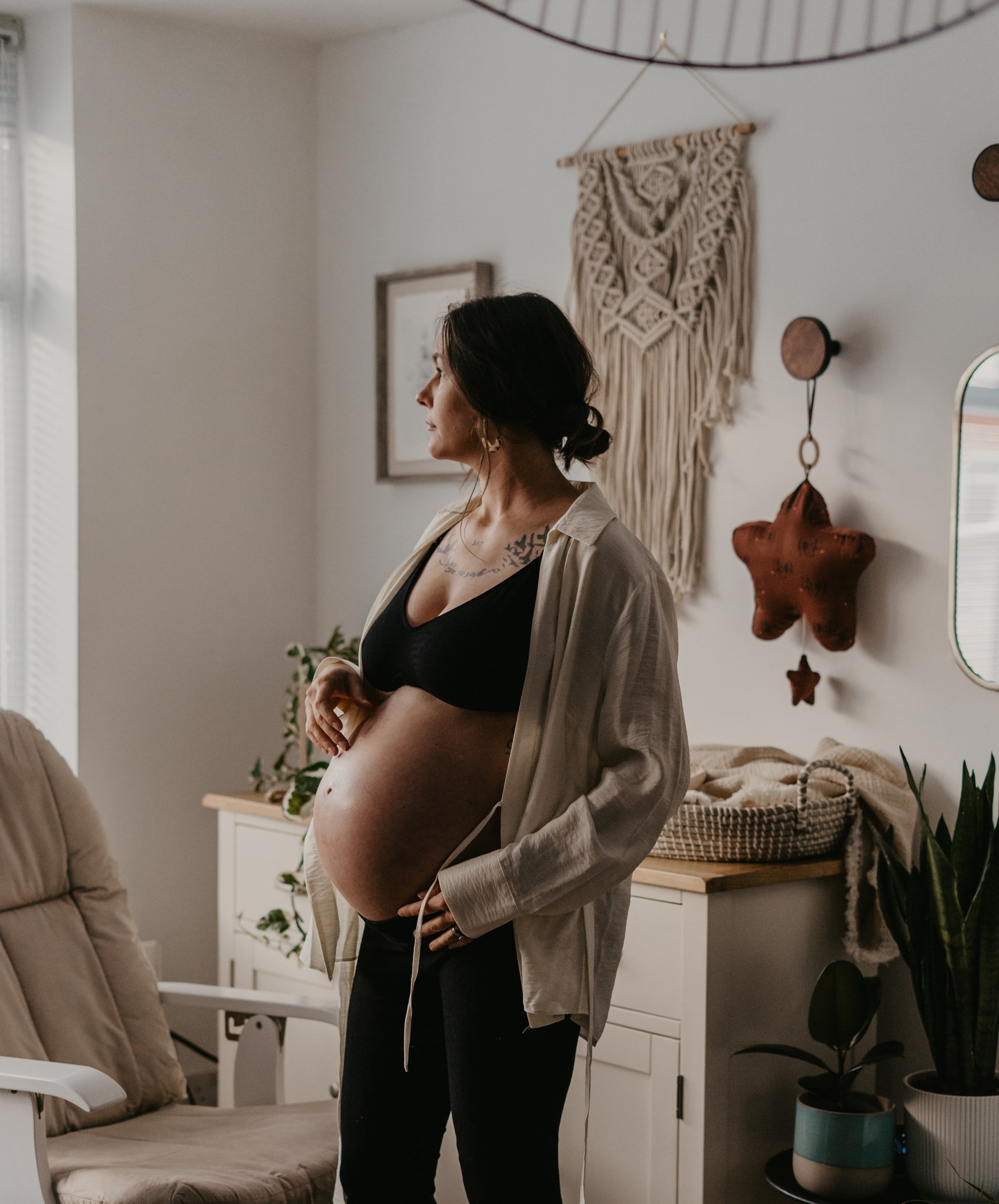Acupuncture for lower back and pelvic pain during pregnancy
Are you pregnant and suffering from lower back or pelvic girdle pain? Well, you’re not alone.
Lower back and pelvic pain is incredibly common during pregnancy. Studies conducted globally report that 40-70% of pregnant women suffer from lumbopelvic pain during pregnancy. In this study, a whopping 68% of pregnant women surveyed reported experiencing pain in the current pregnancy and more than half of these women noted that the pain caused sleep disturbances and impaired daily living.
What I find most shocking is that only 30% of sufferers reported to their primary care providers that they were in pain and only 25% of prenatal care providers recommended a treatment!
It is as if we’ve just collectively decided that being in pain is a normal part of pregnancy that must be endured.
But it’s not normal, and it’s not necessary. You don’t have to be in pain.
Do you want to be pain-free? Sleep better at night? Resume all your regular activities and feel good in your body again?
It’s possible to relieve lumbopelvic pain during pregnancy without medication. A recent observational study conducted at a free maternity clinic in New Zealand measured the effectiveness of using acupuncture and cupping (applying glass cups to create a suction over sore muscles) to address lumbopelvic pain. In this study 89% of women reported clinically significant reduction in their pain. (By the way, lumbopelvic pain is just a fancy word for pain in the lower back, sacroiliac joint and/or pubic symphysis area – since pregnant women often experience pain in more than one region researchers have just lumped it together into one category.) There were few adverse effects reported in the study and they were mild. Most were related to the pain of needle insertion, but these reports didn’t stop the patients from returning for treatment the following week.
Did you know there are even more reasons to get treatment if you are suffering from lower back or pelvic pain?
In the first study I mentioned (where only 25% of the care providers recommended treatment), 25% of the pain sufferers continued to be in pain after the pregnancy ended, sometimes for several years. Other research on postpartum depression has revealed that postpartum pain is one of the biggest risk factors for developing postpartum depression.
Chronic pain has all sorts of hidden side-effects. It’s hard to be present with loved ones when you’re trying to mentally block out you’re pain. It can make you short-tempered. It can stop you from engaging in activities that you or your kids enjoy. But it’s totally unnecessary. Acupuncture is a safe and effective therapy for lumbopelvic pain during and after pregnancy.

